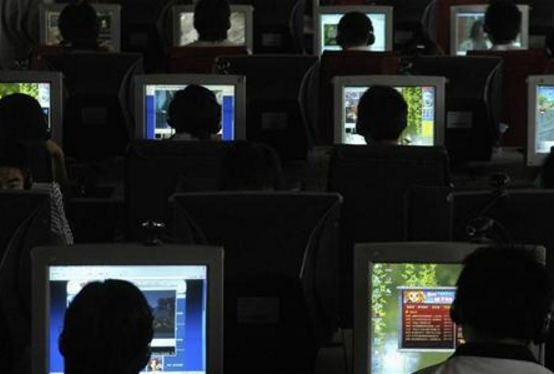A study by American Chamber of Commerce (ACC) has found that majority of American businesses in China are affected by stringent internet censorship.
The recent study compiled data from over 500 companies in China. The trends suggested by this study are claimed to hold true for most foreign companies operating out of China.
Citing excerpts from this study, Tech in Asia reported that four of five American companies are negatively impacted by China's heavy internet restrictions. Companies have difficulty accessing Gmail for correspondence, Facebook for public interfacing, and YouTube for training materials. These global sites are heavily intercepted and sometimes face outright ban by Chinese authorities. Many companies try to get around these internet restrictions by using a Virtual Private Network (VPN,) but using VPN slows down speed.
An earlier study reported by Los Angeles Times in 2015 reported that China's Great Firewall shuts out not just tech giants like Google, Facebook and Twitter, but also Snapchat, Dropbox, Ustream and Wordpress. Furthermore, American internet companies are also pressurized to turn over user data and intellectual property. Or they are pressurized to transfer technology to their Chinese counterparts.
Very interestingly, ACC's study shows that around 20 percent U.S. companies claim that China's internet censorship has positive impact on their business. Tech in Asia reasons that internet censorship weeds out competition for these 20 percent companies. Curbs on Facebook or Google would certainly benefit companies engaged in offering social networking or internet search services.
According to ACC's study, about 71 percent companies complain that China's censorship inhibit their access to crucial information, create difficulties in data exchange, hinder research capabilities, and hence, lower overall productivity.
An estimate of revenue loss caused to American businesses is yet to be arrived at; however, around 96 percent companies respond that positive changes to present regulatory framework are unlikely to occur in next two years.



























